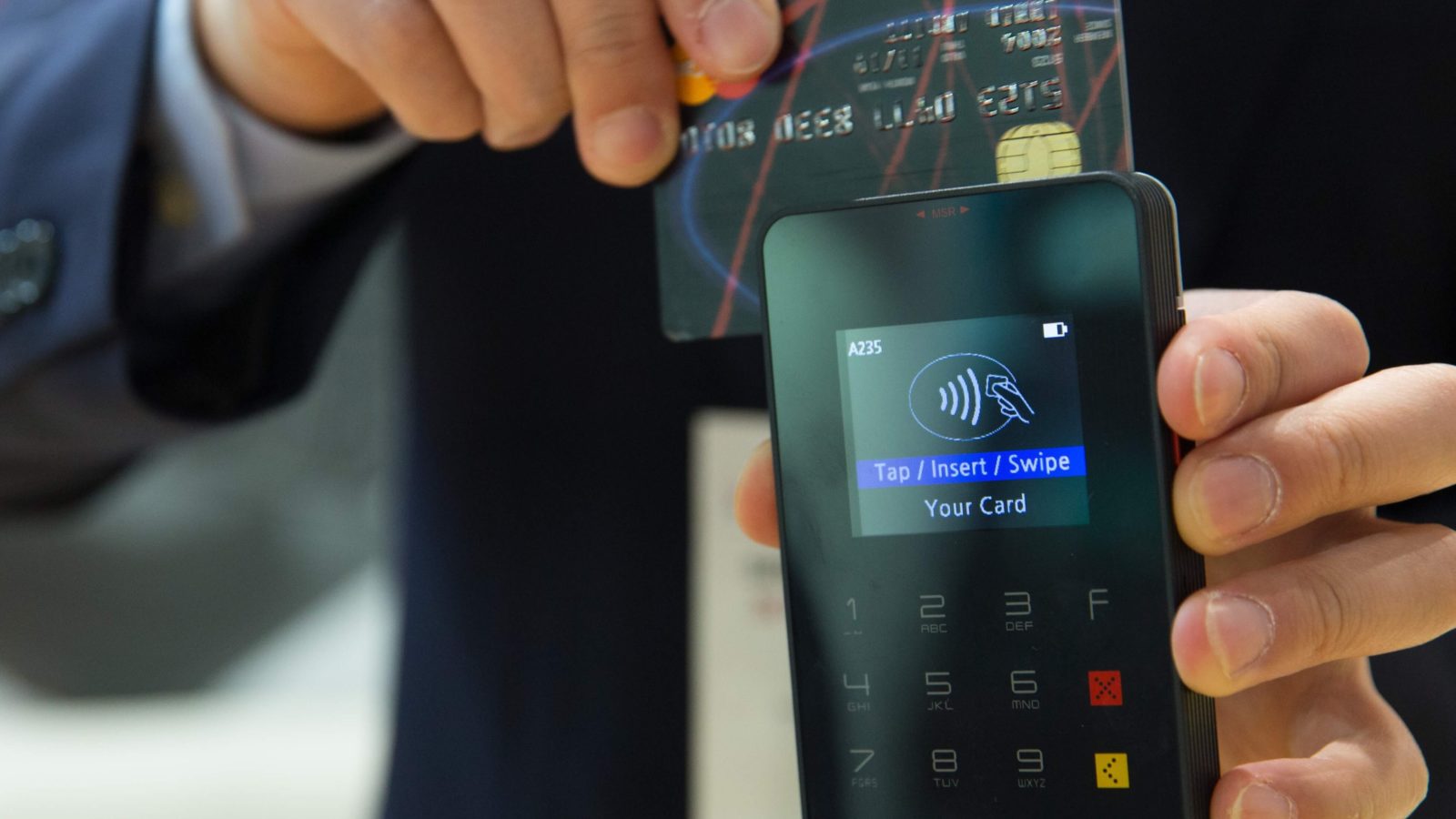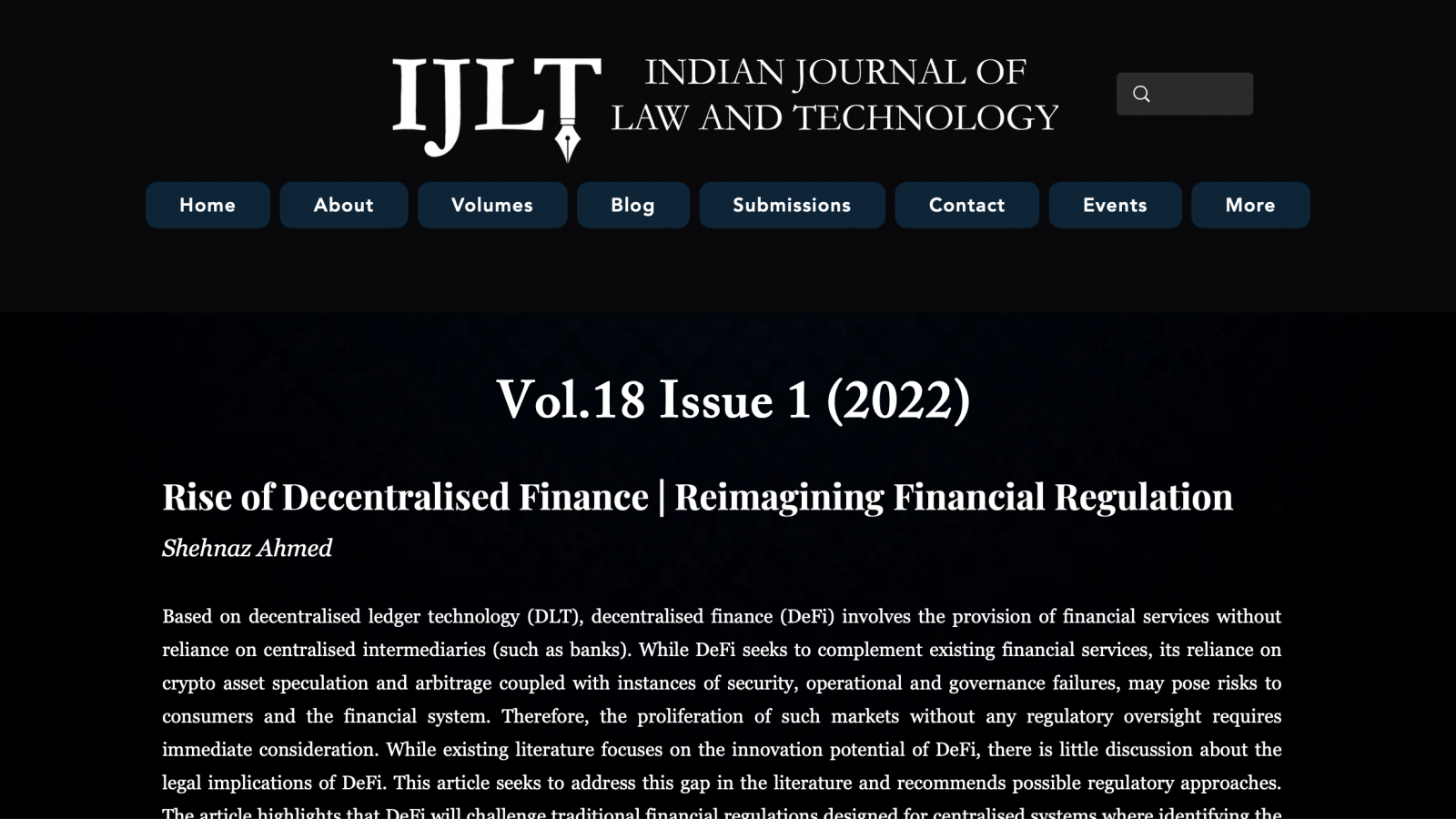
Alternative Credit Scoring – A Double Edged Sword
Leveraging alternative data for credit scoring - understanding opportunities and risks
Context
Access to finance is a major challenge impeding small businesses and
entrepreneurs. It is perceived that the traditional credit scoring framework fails to adequately capture ‘thin file’ borrowers who may have little or no credit history. However, technological innovation has enabled the use of big data to assess the creditworthiness of ‘thin file’ customers who lack detailed credit history on the basis of non-traditional data sets such as telecom data, social media data, buyers’ patterns on e-commerce websites, etc. This has led to the emergence of lending models that rely on such alternative credit scoring mechanisms. However, the use of big data for algorithmic scoring also poses certain challenges which include concerns regarding discriminatory practices, data privacy, transparency, etc. With several studies recommending the use of digital lending coupled with alternative credit scoring for the MSME sector, these issues assume immense significance.



